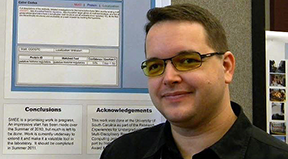Michael and Depression: A Case Study in Collaboration and Disability Awareness
Background
My name is Michael. During spring quarter, I experienced a depressive episode. This episode negatively impacted my concentration, short-term memory, and stamina. My grades suffered as a result.


